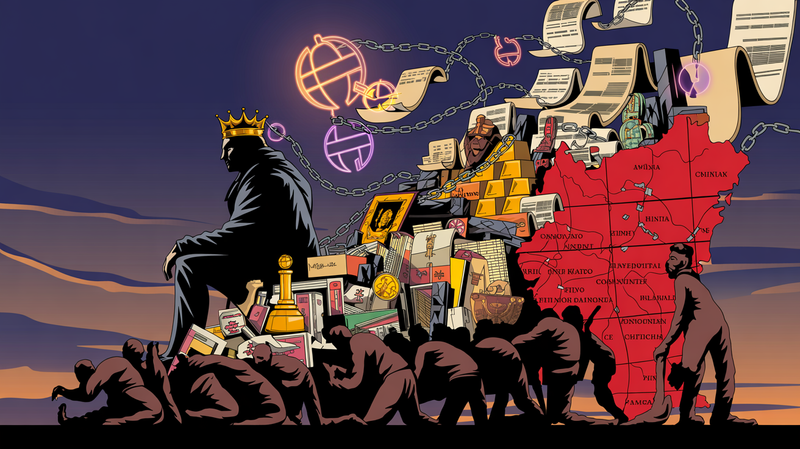World Bank Mobilizes $1 Billion for Rebuilding Ukraine's Private Sector Amidst War
Amidst the ongoing Russia-Ukraine conflict, the World Bank has stepped forward with a significant financial commitment, mobilizing $1 billion to aid in the reconstruction of Ukraine's battered private sector. This initiative marks a crucial move by the international financial institution, highlighting the growing concern for Ukraine's

Amidst the ongoing Russia-Ukraine conflict, the World Bank has stepped forward with a significant financial commitment, mobilizing $1 billion to aid in the reconstruction of Ukraine's battered private sector. This initiative marks a crucial move by the international financial institution, highlighting the growing concern for Ukraine's economic stability and the broader implications of the war on global economics.
The managing director of the World Bank's private investment arm, the International Finance Corporation (IFC), Makhtar Diop, disclosed that approximately £487 million of the funds are sourced directly from the IFC's balance sheet, with an additional £283 million obtained through external financing. This financial support is seen as a beacon of hope for Ukraine, where the relentless conflict has not only caused immense human suffering but also devastated its economy, infrastructure, and private enterprises.
The World Bank's decision to focus on rebuilding Ukraine's private sector is a strategic one. Private enterprises are often the backbone of a nation's economy, driving growth, innovation, and employment. By investing in this sector, the World Bank aims to catalyze recovery and build resilience against future economic challenges. This approach also signifies a shift in investment strategy, with an emphasis on equity rather than just aid, suggesting a long-term commitment to Ukraine's economic health.
However, the challenge of reconstruction is formidable. The war has caused widespread destruction, disrupted supply chains, and deterred foreign investment. The mobilization of funds by the World Bank is a crucial first step, but the path to recovery is long and fraught with uncertainties. Questions remain about how these funds will be distributed and utilized effectively, especially given the ongoing conflict and the complexities of post-war reconstruction.
Moreover, the mobilization of funds comes at a time when donor fatigue is a growing concern among Ukraine's key Western allies. Despite the outpouring of support in the initial stages of the conflict, maintaining a steady flow of aid and investment over the long term is challenging. The World Bank's commitment serves as a reminder of the sustained international support that is crucial for Ukraine's recovery.
In conclusion, the World Bank's mobilization of $1 billion for Ukraine's private sector is a significant step in supporting the country's recovery amidst a devastating war. It underscores the importance of rebuilding economies as part of post-conflict rehabilitation and highlights the ongoing need for international solidarity and support. As Ukraine continues to navigate through these turbulent times, the role of global financial institutions like the World Bank becomes increasingly vital in shaping the nation's future.




